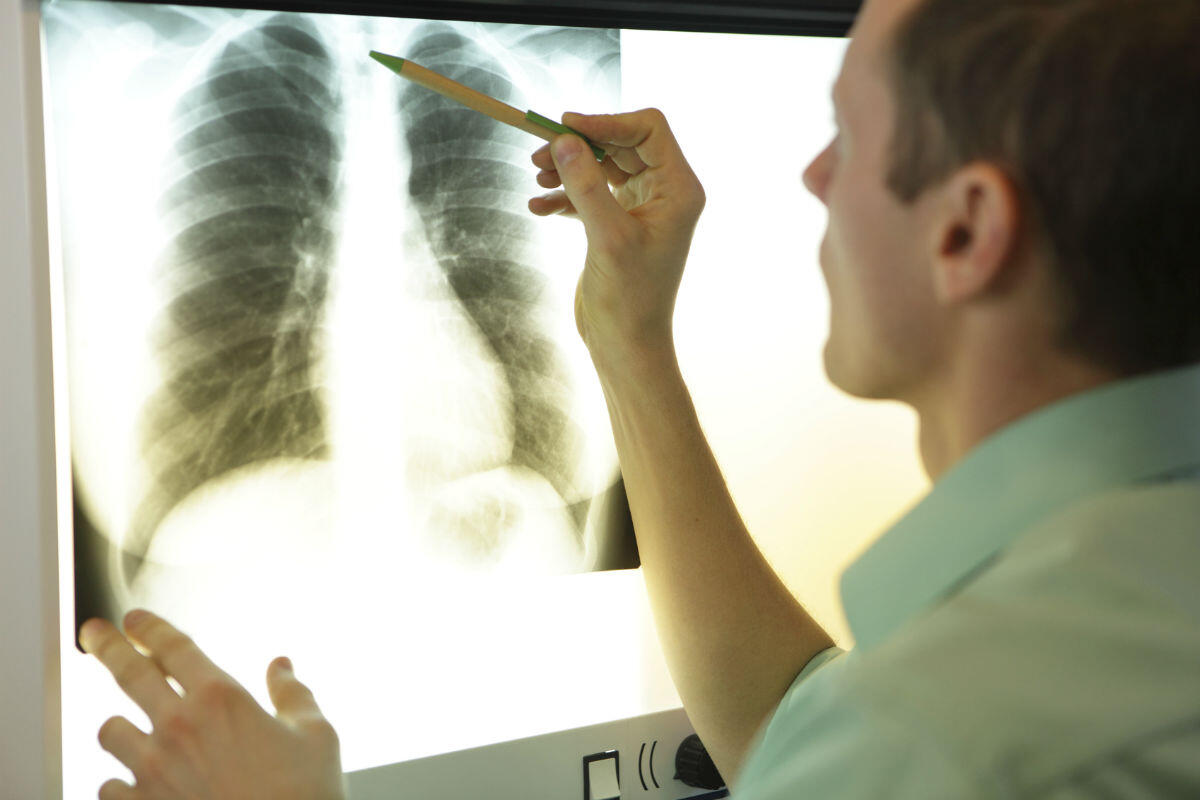Protect your legal rights by speaking with an attorney as soon as possible following a work-related accident.
FREE CONSULTATION

30 YEARS EXPERIENCE
OVER $100 MILLION COLLECTED
ONLY WORK COMP
This is the lawyer you want to hire! Just read the reviews. It is all true. Incredible! He will get you every dollar of lost wages, get you every ounce of medical treatment, and get you the highest possible award from the Division of Workers Compensation.
These reviews are correct. This attorney is incredible. He knows workmans compensation, fights for denied treatment and wages, and gets your on the job injury rated by the best doctors. I will be using him from here on our great experience.
The Law Office of James M Hoffmann was referred to me from a previous client, that was extremely impressed, with his service and outcome.
I met with Jim Hoffmann to discuss a car accident. Three cars were involved, my car was totaled, and I was seriously injured. After meeting with Jim the very first time, I immediately felt comfortable, and knew that he would have my back, and would fight for me.
Throughout my journey, I dealt with a lot of pain and several issues that lasted for years. During this time I had to contact Jim and Jamie (Jim’s wonderful assistant) many times. Every time I sent an email with questions, I received feedback extremely quickly!
I feel Jim negotiated a great settlement for me!
The Law Office of James Hoffman will be the first place I contact if I ever need his help again!
Suzanne Charles
Compensation? Get this lawyer. Simply better than all the rest.
When you get injured in a workplace accident, you should seek immediate medical attention. Among the most important reasons, is that the accident could have caused serious internal injuries. Internal organ damage can be very serious, and has the potential to result in life threatening complications without proper diagnosis and timely medical care. In this post, our workers comp attorneys will discuss the types of internal organ damage that can occur as a result of a workplace accident and what your rights are as an injured worker.
Types of Internal Organ Damage
Internal organs are extremely delicate and vital. Any kind of trauma can lead to serious injuries, whether resulting from direct trauma or a result of some other injury. Some of the common trauma related internal organ damage include:
- Damage Caused by Broken Ribs: Motor vehicle accidents and other work-related accidents can cause rib fractures, and in some cases, broken ribs can puncture the internal organs.
- Abdominal Aortic Rupture: Any injury to the abdomen can lead to aortic aneurysms, and in severe cases it can cause aortic rupture. These are extremely serious medical conditions requiring emergency surgery.
- Kidney Damage: Workplace accidents that cause blunt trauma to the abdomen can cause kidney damage. If left untreated, kidney injuries can lead to renal failure.
- Ruptured Spleen: Any trauma to the abdomen can also cause damage to the spleen. In severe cases, spleen removal may be necessary for successful recovery.
- Liver or Bowel Damage: The liver and bowels are also located in the abdomen and are responsible for some essential bodily functions. In case of liver or bowel damage, the consequences are often serious.
Seeking Workers Compensation Benefits for Internal Organ Damage
When it comes to workers compensation benefits for internal organ damage, several factors come into play. For a worker to receive maximum benefits, it is important to have a complete understanding of the impact of the accident.
Some of the factors that can affect the amount of benefits that the injured worker receives include:
- Worker’s age and general health
- The severity of the internal organ injury
- Whether the work related trauma caused any injuries other than the organ damage
- Whether the internal organ damage is acute, chronic, or both
- The degree to which the initial treatment of the internal organ damage was successful
- The time between when the worker sustained the injury and when he/she received treatment
- The degree to which the treatment aggravated the work related injury or made it more difficult for the injury to be treated. This can happen due to medical negligence.

